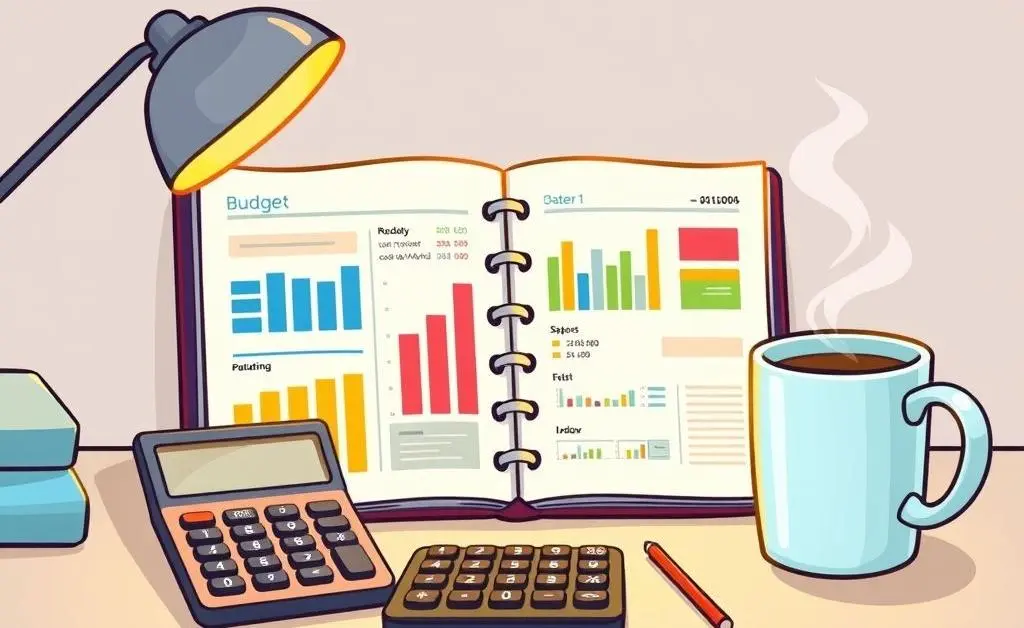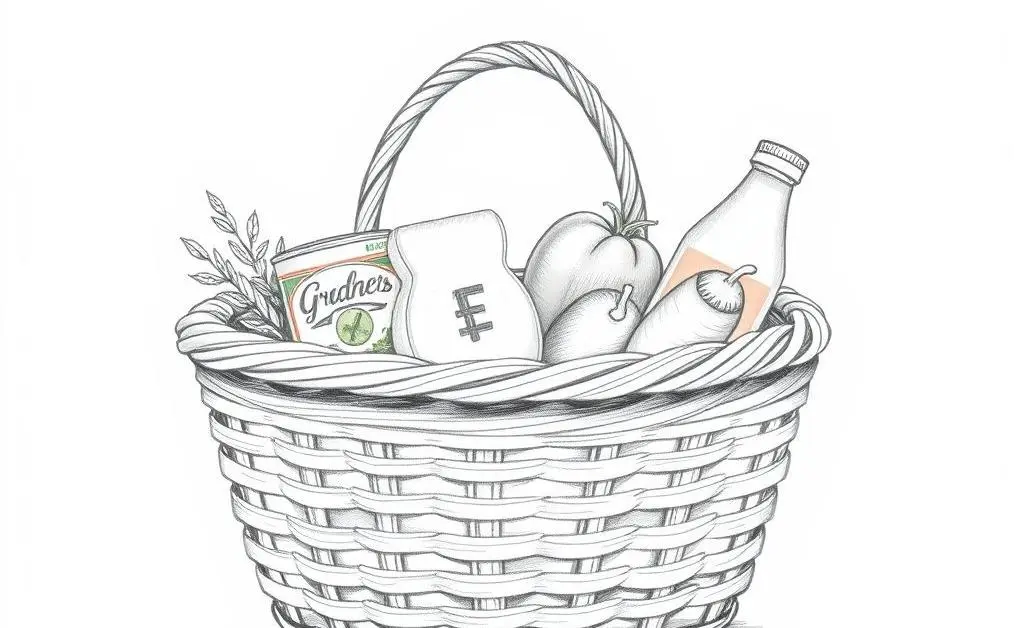Smart Saving Strategies for International Students: A Beginner's Guide
Discover savvy saving tips tailored for international students pursuing higher education.

Hey there, future financial guru! Let's chat about something every international student thinks about—saving money. Yes, it might seem like an impossible feat while juggling tuition, rent, and ramen budgets, but a few smart strategies can make a world of difference.
Why Start Saving Early?
You might wonder, "Why should I worry about saving when I'm swamped with bills?" Well, picture this: a small snowball rolling down a hill, gradually collecting more snow until it's huge and unstoppable. That's how savings work through the magic of compound interest. Starting early, even with pennies, can build a mighty fund over your study years.
How to Budget Like a Pro
Creating a budget doesn't require wizardry. Begin by listing your monthly expenses:
- Rent and utilities
- Tuition fees
- Textbooks and supplies
- Groceries
- Transportation
Set aside a portion of any incoming funds, like a part-time job salary or scholarships, solely for savings. One method is the 50/30/20 rule: 50% for needs, 30% for wants, and 20% into savings. Have some fun with it, like rearranging your spreadsheet as you would Tetris blocks!

Frugal Habits Are Your Best Friend
Don't underestimate the power of tiny changes. Ever notice how a $5 coffee here, and a $10 takeaway there, quickly add up? Swapping dining out for home-cooked meals or biking instead of taking the bus can save cash and improve your culinary and fitness skills!

Look for Scholarships and Grants
Did you know there are heaps of scholarships specifically for international students? Spending some quality time researching can uncover incredible opportunities that lighten your financial load.
Consider them financial gold mines hidden in plain sight, and your job is to strike it rich!

Final Thought: Start Today, Reap Tomorrow
Embarking on a savings journey while studying abroad may feel daunting, but it's achievable with small steps and smart decisions. So, what's one new habit you'll adopt this month to improve your financial well-being?




